Lépjen offline állapotba az Player FM alkalmazással!
Hip Hop In W.Va. And Food Deserts In Knoxville, Inside Appalachia
Manage episode 424046294 series 2471658
This week, hip hop started in New York and took root in places like West Virginia. We explore some of the history of the music and where it is today.
Also, food deserts are places where it’s hard to find nutritious food, but they’re found in more than just rural counties in Appalachia. Food deserts are also in disenfranchised neighborhoods, like in East Knoxville.
And, the Reverend George Mills Dickerson of Tazewell, Virginia, was born in the years after slavery ended. During Juneteenth, he’s remembered especially through his poetry.
You'll hear these stories and more this week, Inside Appalachia.
In This Episode:
- A Hip Hop History In W.Va.
- Food Apartheid In Appalachia
- Dirt Songs Sing Of Remembrance
- Celebrating A Poet During Juneteenth
A Hip Hop History In W.Va.
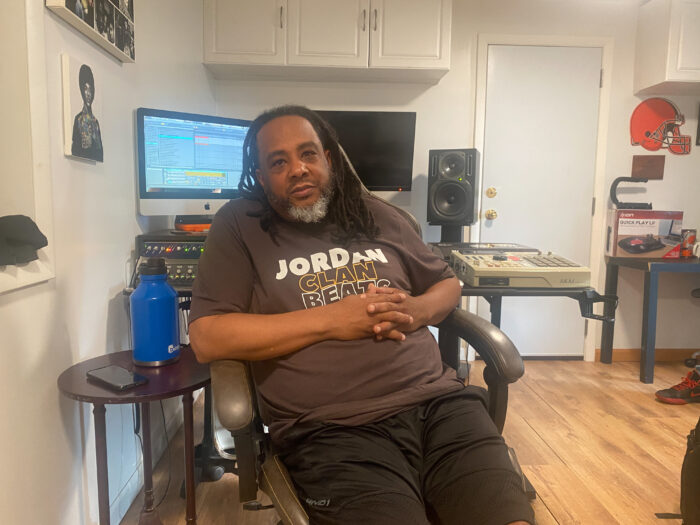
Photo Credit: Vanessa Peña/West Virginia Public Broadcasting
Last year, communities celebrated the 50th anniversary of hip hop. Over the past half century, hip hop has gone from a marginalized art form to a mainstream powerhouse. It developed in major metropolitan centers like New York, Los Angeles and the dirty South, but took root in Appalachia, too.
Folkways Reporter Vanessa Peña reports on hip hop in West Virginia.
Food Apartheid In Appalachia
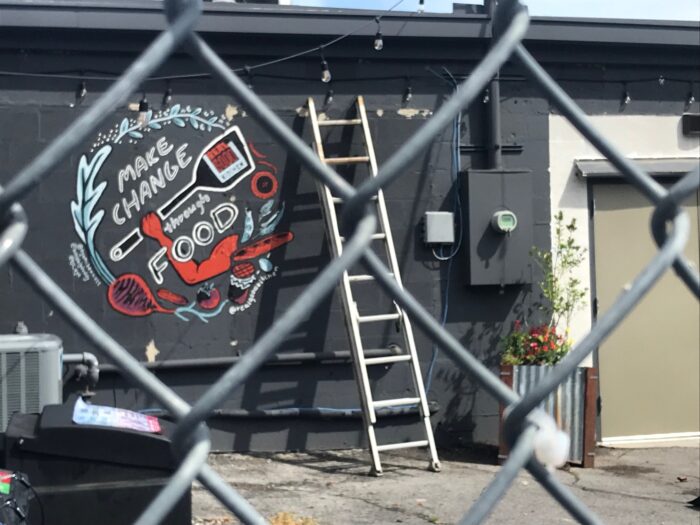
Photo Credit: Wendy Welch/West Virginia Public Broadcasting
Across the country, poor and largely Black neighborhoods were bulldozed and replaced with new highways and civic centers in the 20th century. That concept is known as urban renewal — and it tore communities apart. Now, one woman in Knoxville, Tennessee, is using food to try to heal generations of damage in a city neighborhood.
Folkways Reporter Wendy Welch has more.
Dirt Songs Sing Of Remembrance
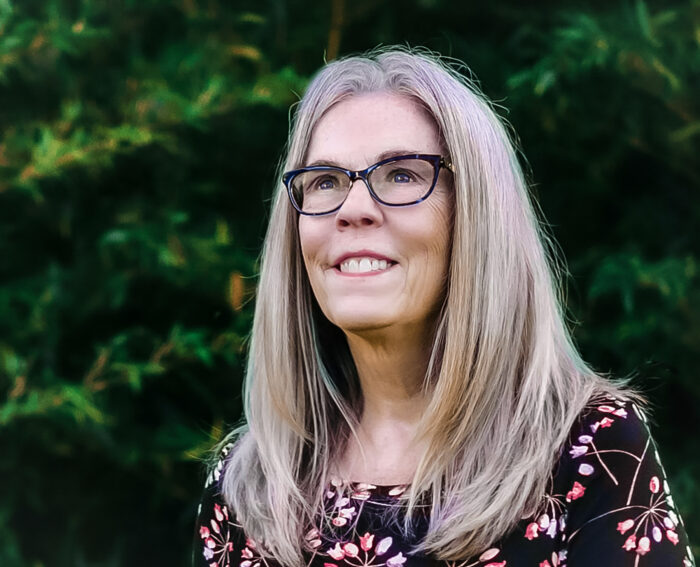
Courtesy Photo
Ohio poet laureate Kari Gunter-Seymour often writes about disenfranchisement, racism, poverty and addiction. In her new collection of poems, Dirt Songs, she recalls her small town upbringing and remembers the original owners of the land she now lives on.
Producer Bill Lynch spoke with Gunter-Seymour about her new book and what she sees as good in Appalachia.
Celebrating A Poet During Juneteenth
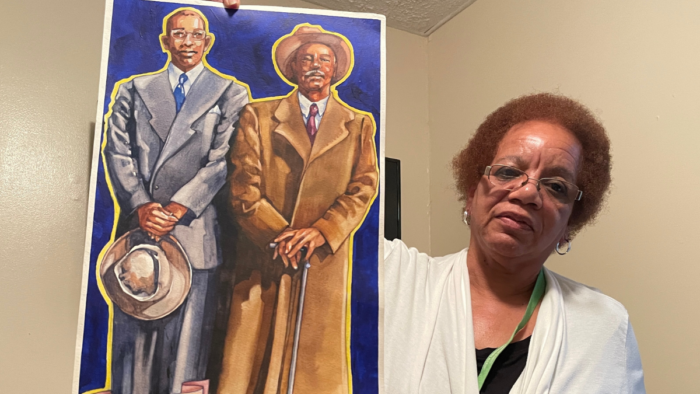
Photo Credit: Connie Kitts/West Virginia Public Broadcasting
Poetry has been an enduring tradition in Jeanette Wilson’s family. They’ve recited the poems of Wilson’s grandfather and her uncle George for nearly 100 years. Now, these poems about African American life in southwestern Virginia are read during the Juneteenth celebration in Tazewell, Virginia — where they reach a wider audience and connect the past to the present.
Folkways Reporter Connie Kitts brought us the story.
------
Our theme music is by Matt Jackfert. Other music this week was provided by Ed Snodderly, Frank Hutchinson, Hazel Dickens, Johnny Statts and Dinosaur Burps.
Bill Lynch is our producer. Zander Aloi is our associate producer. Our executive producer is Eric Douglas. Kelley Libby is our editor. Our audio mixer is Patrick Stephens. We had help this week from folkways editors Nicole Musgrave and Jennifer Goren.
You can send us an email: InsideAppalachia@wvpublic.org.
You can find us on Instagram, Threads and Twitter @InAppalachia. Or here on Facebook.
Inside Appalachia is a production of West Virginia Public Broadcasting.
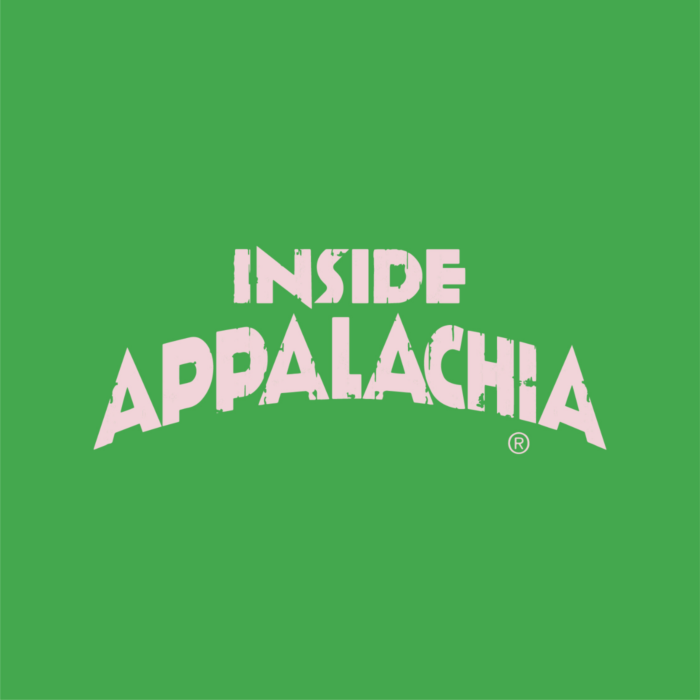
107 epizódok
Hip Hop In W.Va. And Food Deserts In Knoxville, Inside Appalachia
Podcast - Inside Appalachia Story Archives - West Virginia Public Broadcasting
Manage episode 424046294 series 2471658
This week, hip hop started in New York and took root in places like West Virginia. We explore some of the history of the music and where it is today.
Also, food deserts are places where it’s hard to find nutritious food, but they’re found in more than just rural counties in Appalachia. Food deserts are also in disenfranchised neighborhoods, like in East Knoxville.
And, the Reverend George Mills Dickerson of Tazewell, Virginia, was born in the years after slavery ended. During Juneteenth, he’s remembered especially through his poetry.
You'll hear these stories and more this week, Inside Appalachia.
In This Episode:
- A Hip Hop History In W.Va.
- Food Apartheid In Appalachia
- Dirt Songs Sing Of Remembrance
- Celebrating A Poet During Juneteenth
A Hip Hop History In W.Va.

Photo Credit: Vanessa Peña/West Virginia Public Broadcasting
Last year, communities celebrated the 50th anniversary of hip hop. Over the past half century, hip hop has gone from a marginalized art form to a mainstream powerhouse. It developed in major metropolitan centers like New York, Los Angeles and the dirty South, but took root in Appalachia, too.
Folkways Reporter Vanessa Peña reports on hip hop in West Virginia.
Food Apartheid In Appalachia

Photo Credit: Wendy Welch/West Virginia Public Broadcasting
Across the country, poor and largely Black neighborhoods were bulldozed and replaced with new highways and civic centers in the 20th century. That concept is known as urban renewal — and it tore communities apart. Now, one woman in Knoxville, Tennessee, is using food to try to heal generations of damage in a city neighborhood.
Folkways Reporter Wendy Welch has more.
Dirt Songs Sing Of Remembrance

Courtesy Photo
Ohio poet laureate Kari Gunter-Seymour often writes about disenfranchisement, racism, poverty and addiction. In her new collection of poems, Dirt Songs, she recalls her small town upbringing and remembers the original owners of the land she now lives on.
Producer Bill Lynch spoke with Gunter-Seymour about her new book and what she sees as good in Appalachia.
Celebrating A Poet During Juneteenth

Photo Credit: Connie Kitts/West Virginia Public Broadcasting
Poetry has been an enduring tradition in Jeanette Wilson’s family. They’ve recited the poems of Wilson’s grandfather and her uncle George for nearly 100 years. Now, these poems about African American life in southwestern Virginia are read during the Juneteenth celebration in Tazewell, Virginia — where they reach a wider audience and connect the past to the present.
Folkways Reporter Connie Kitts brought us the story.
------
Our theme music is by Matt Jackfert. Other music this week was provided by Ed Snodderly, Frank Hutchinson, Hazel Dickens, Johnny Statts and Dinosaur Burps.
Bill Lynch is our producer. Zander Aloi is our associate producer. Our executive producer is Eric Douglas. Kelley Libby is our editor. Our audio mixer is Patrick Stephens. We had help this week from folkways editors Nicole Musgrave and Jennifer Goren.
You can send us an email: InsideAppalachia@wvpublic.org.
You can find us on Instagram, Threads and Twitter @InAppalachia. Or here on Facebook.
Inside Appalachia is a production of West Virginia Public Broadcasting.

107 epizódok
Minden epizód
×Üdvözlünk a Player FM-nél!
A Player FM lejátszó az internetet böngészi a kiváló minőségű podcastok után, hogy ön élvezhesse azokat. Ez a legjobb podcast-alkalmazás, Androidon, iPhone-on és a weben is működik. Jelentkezzen be az feliratkozások szinkronizálásához az eszközök között.




